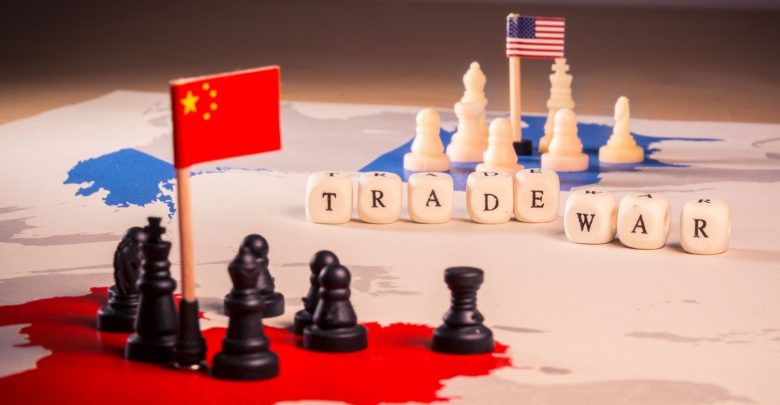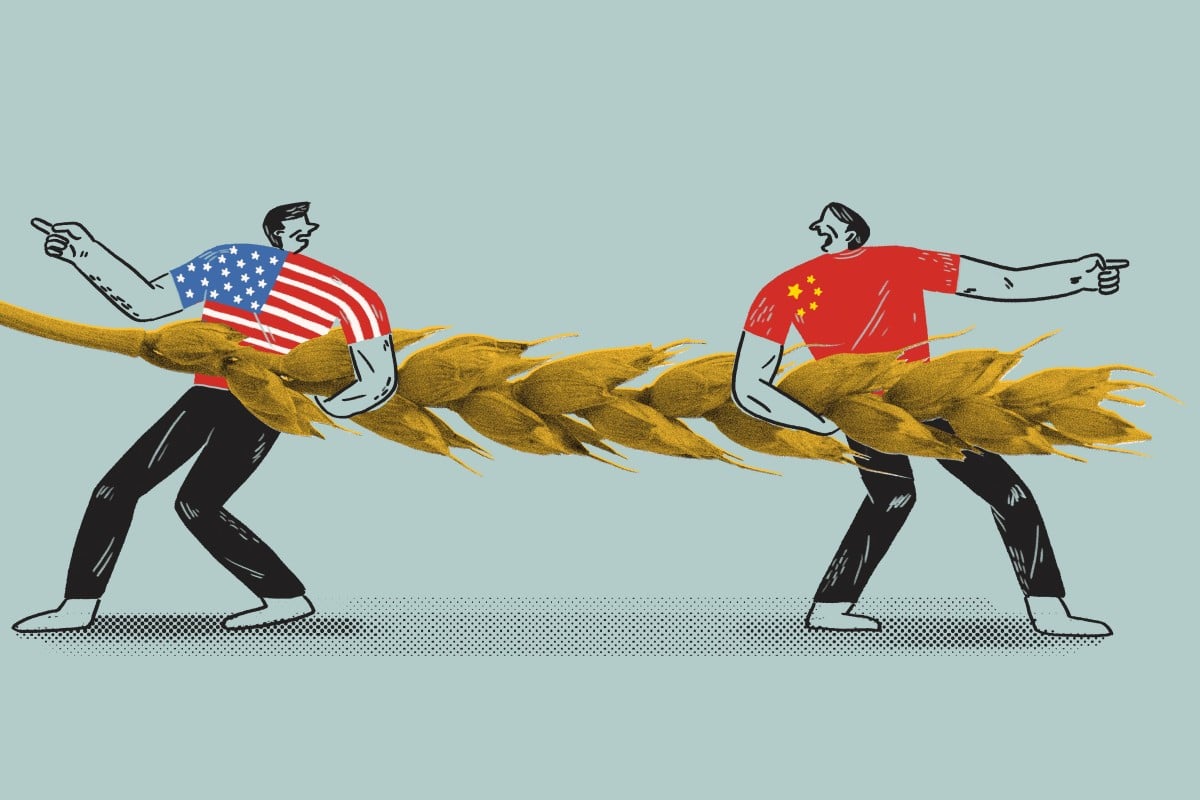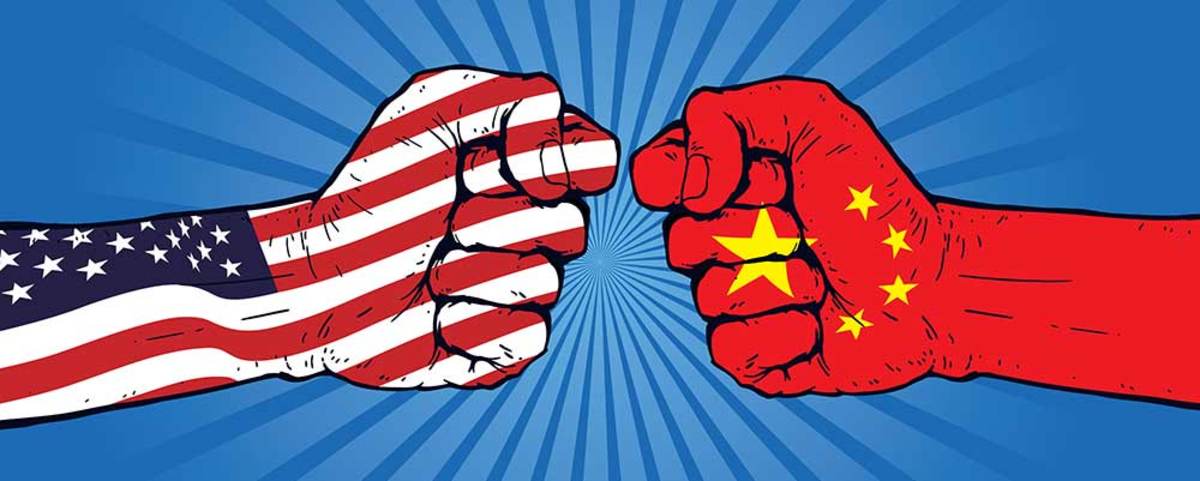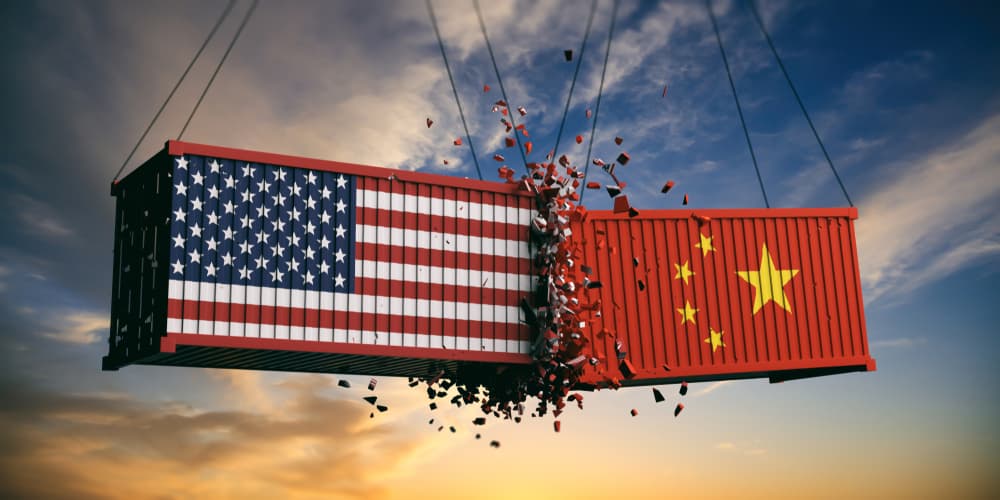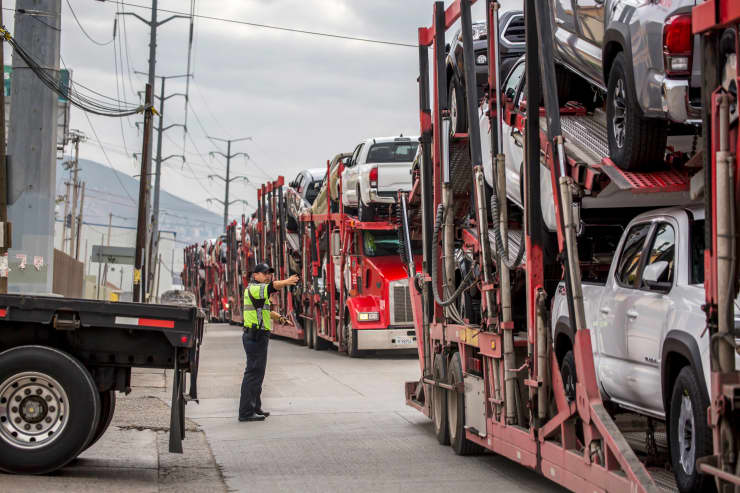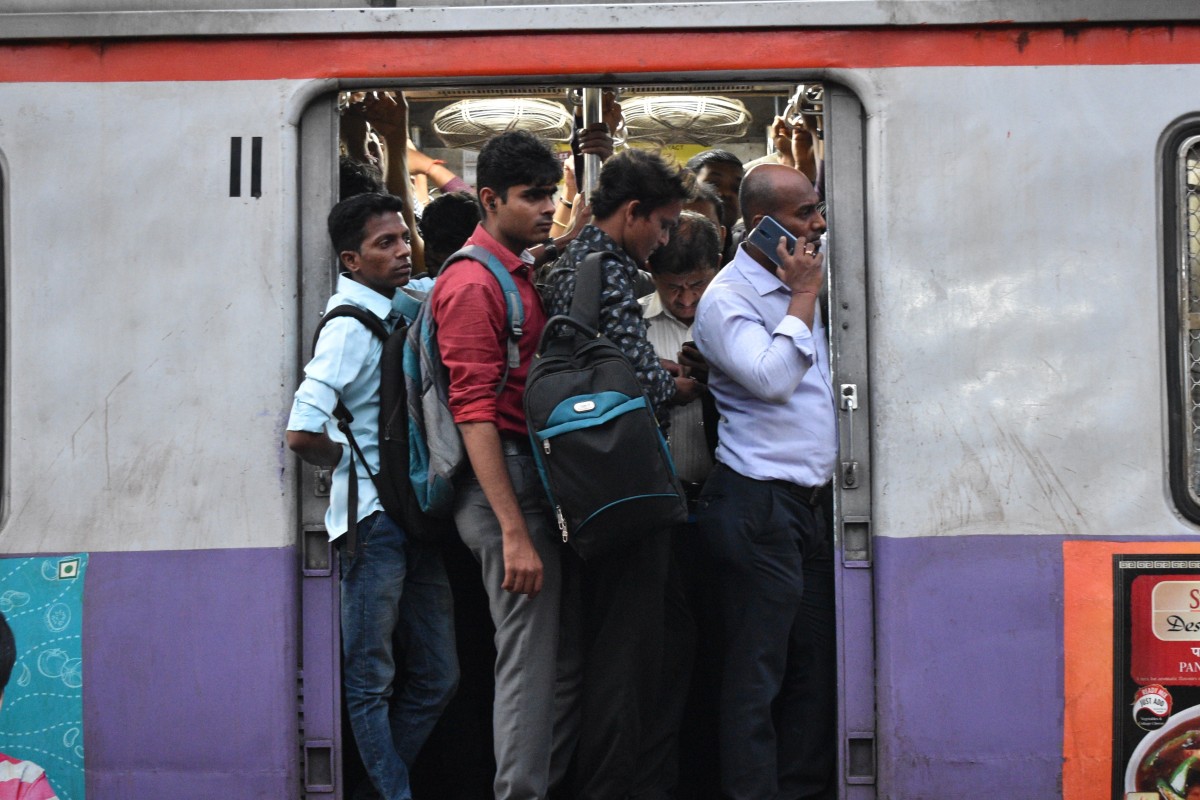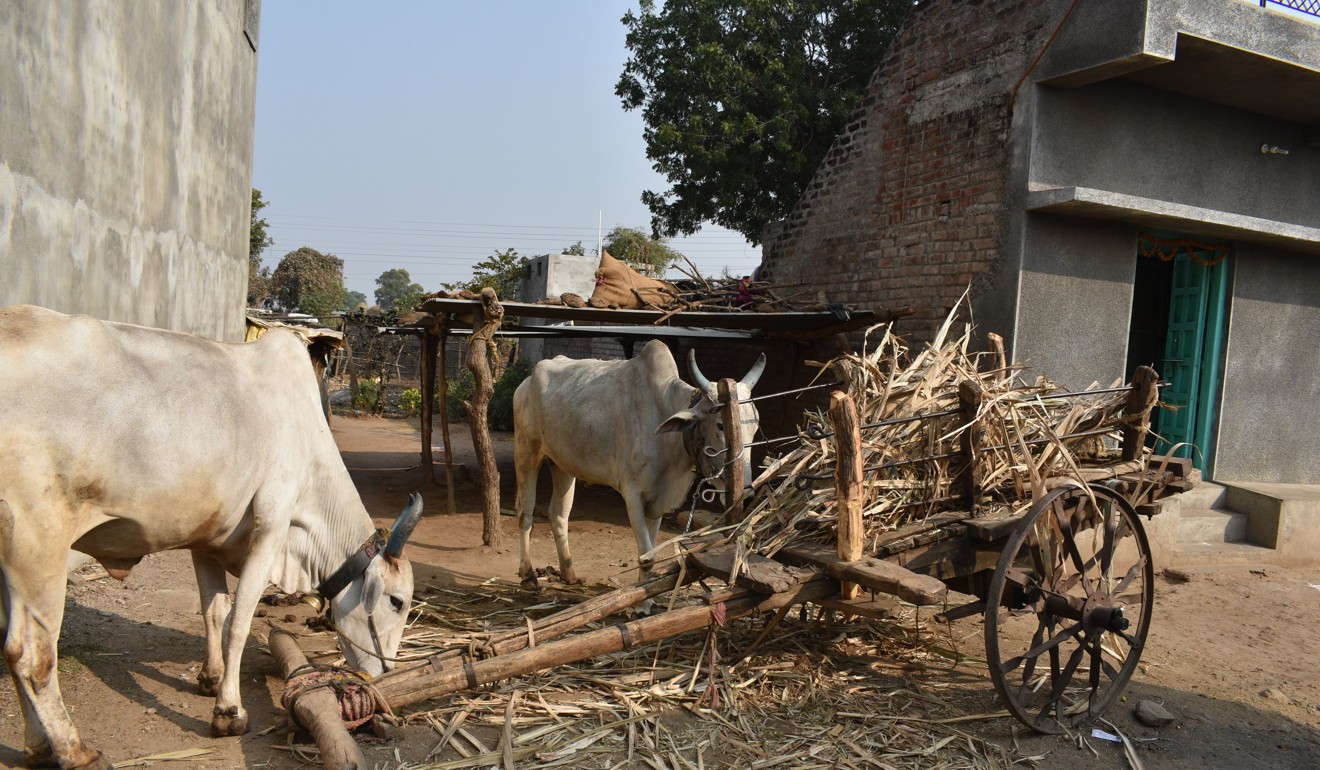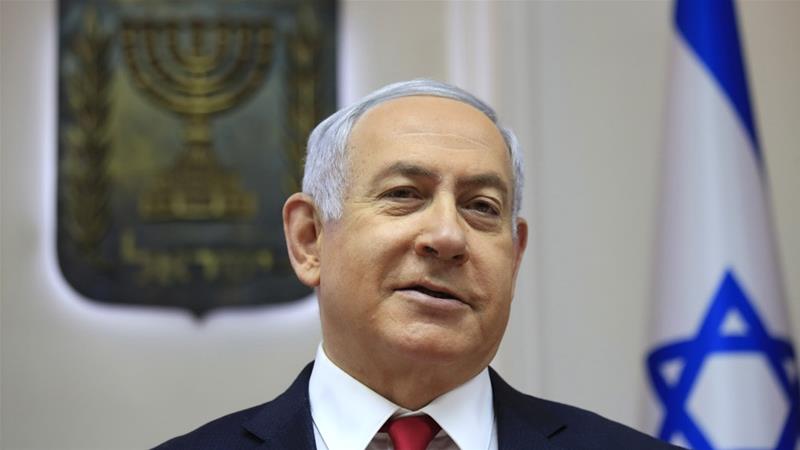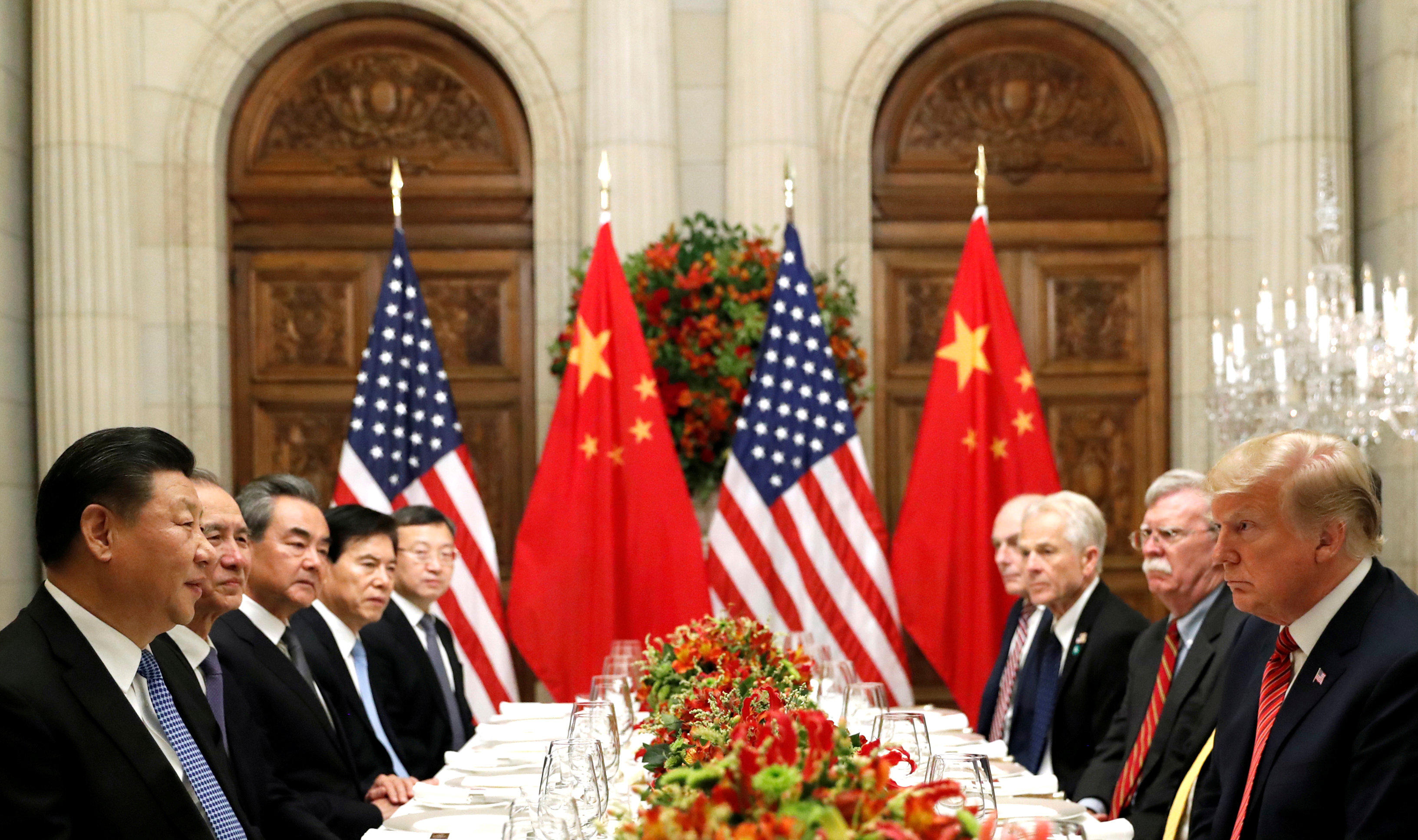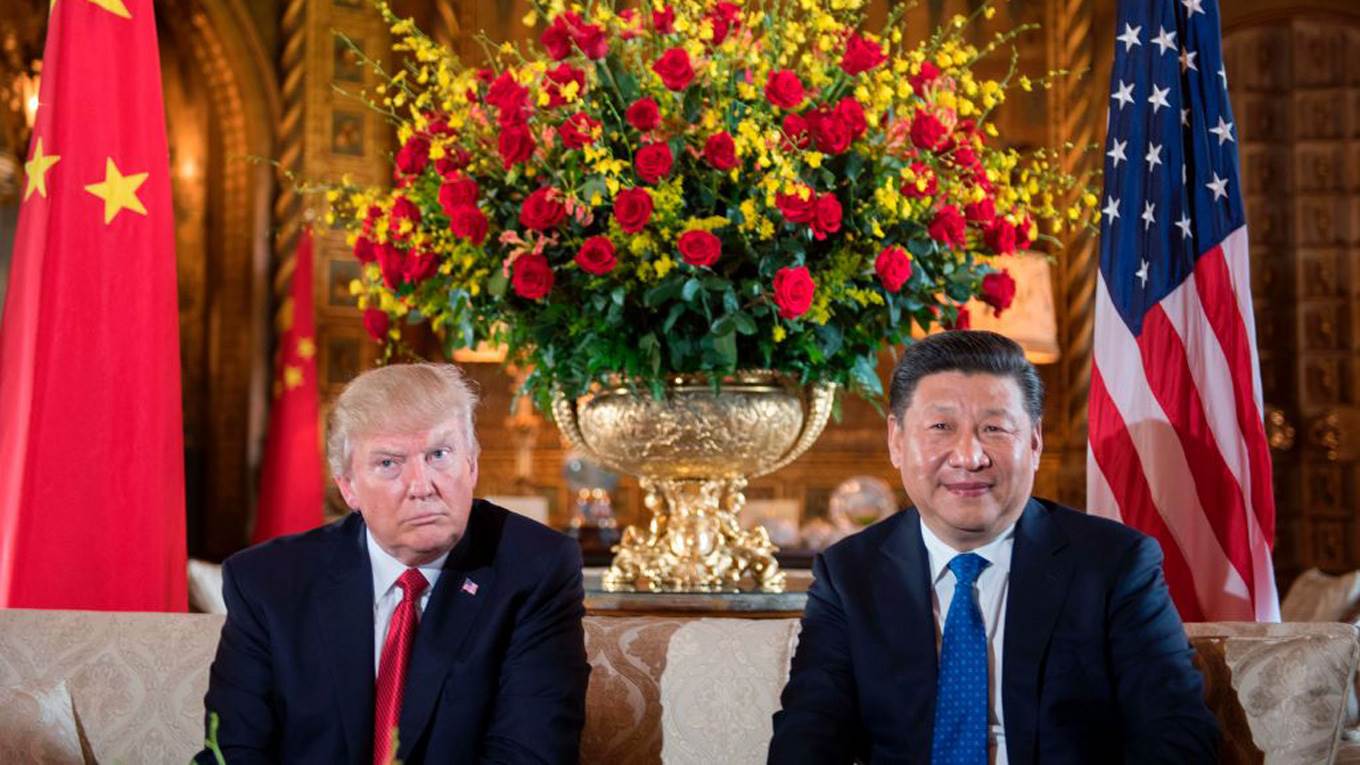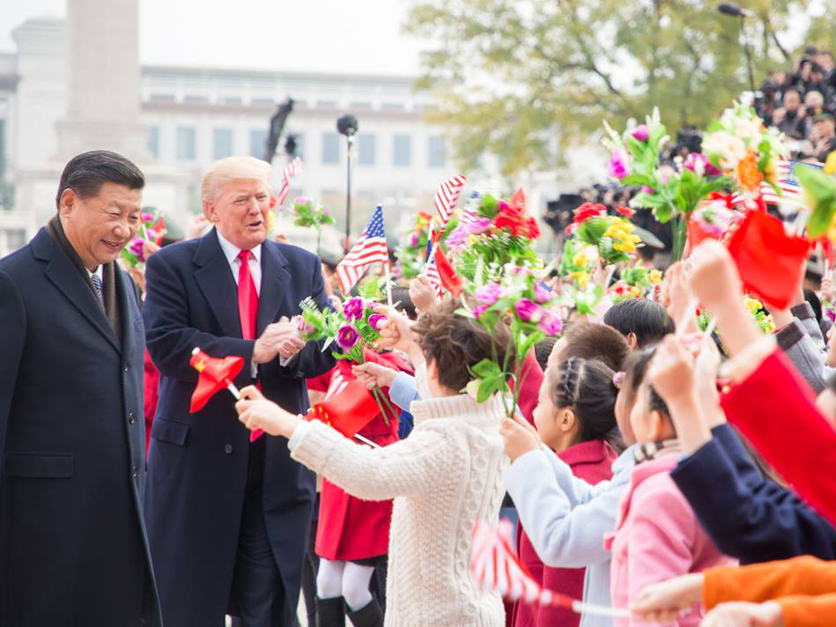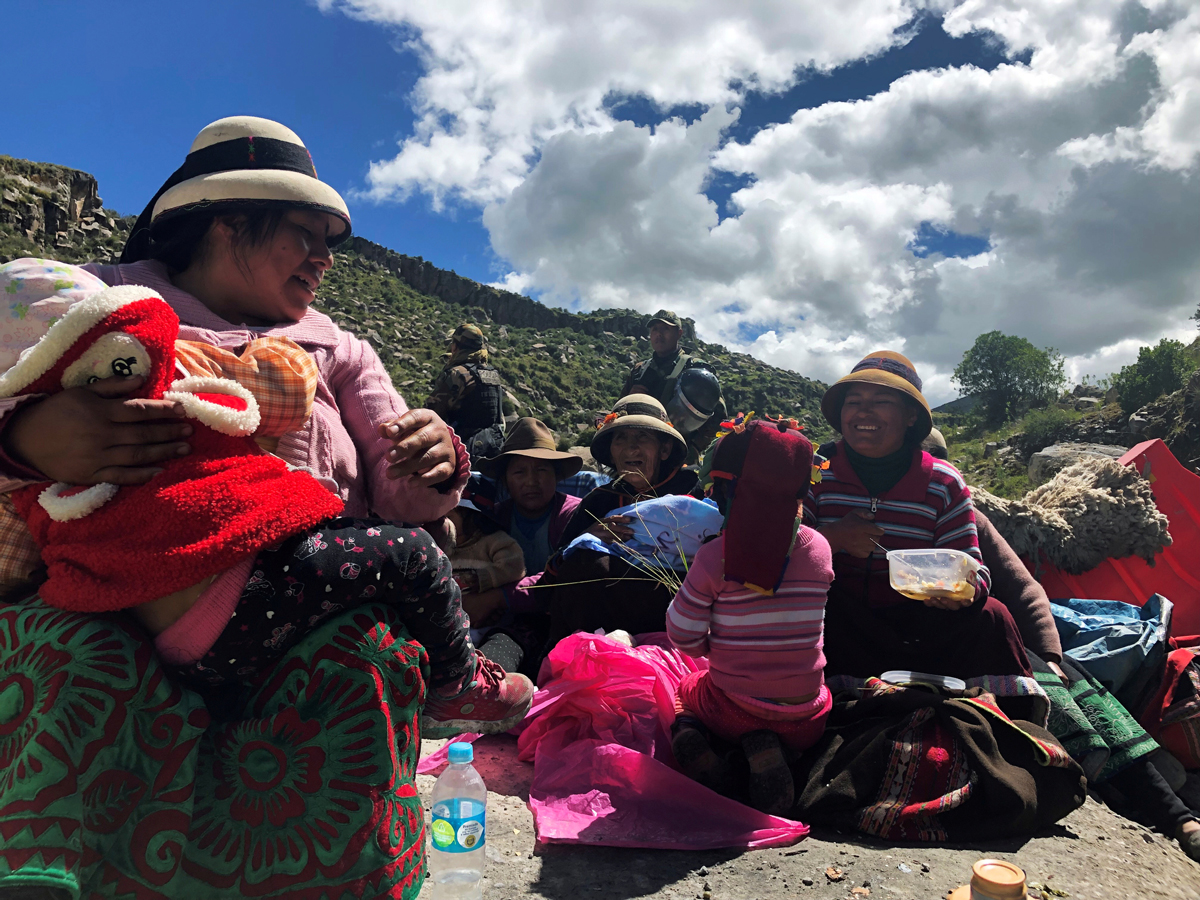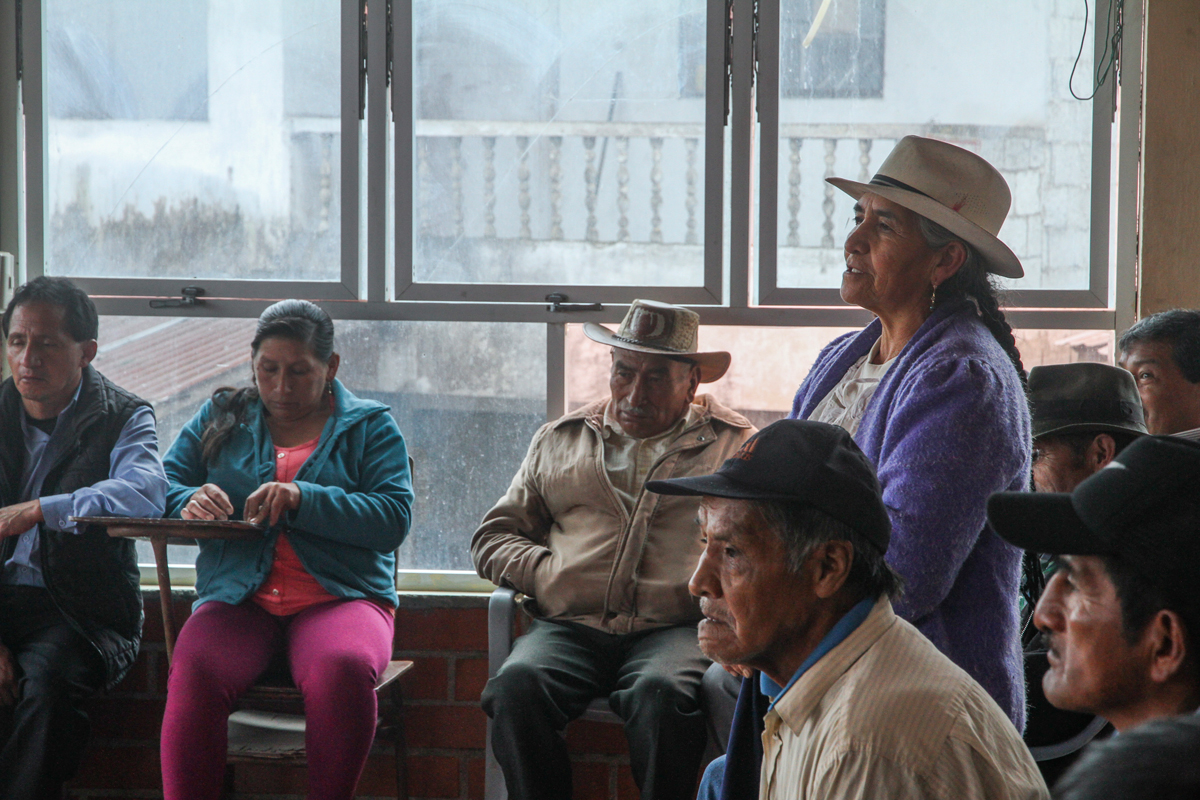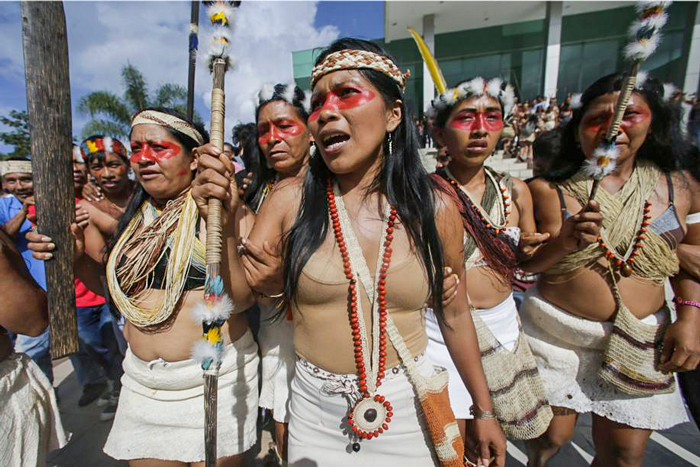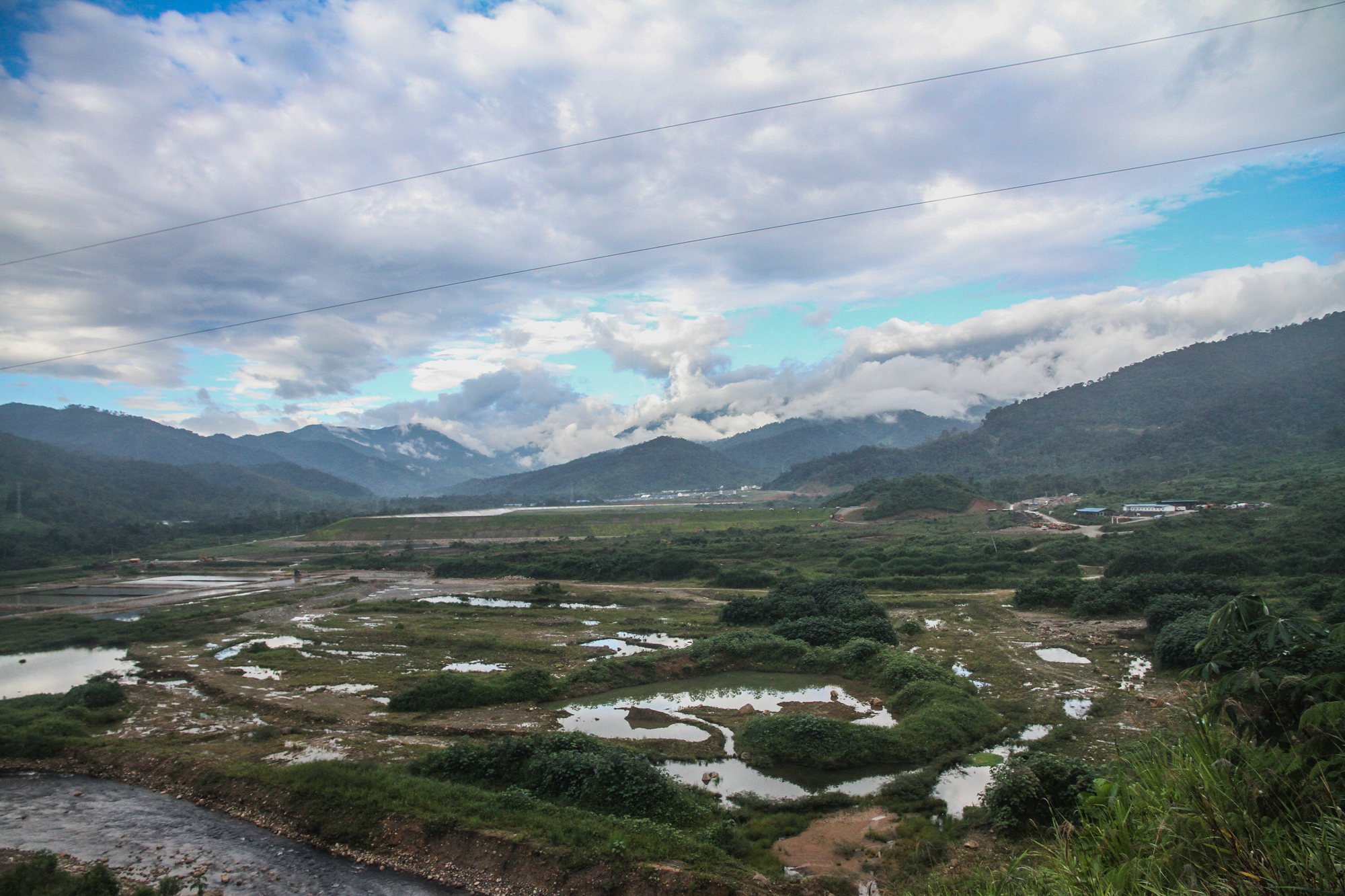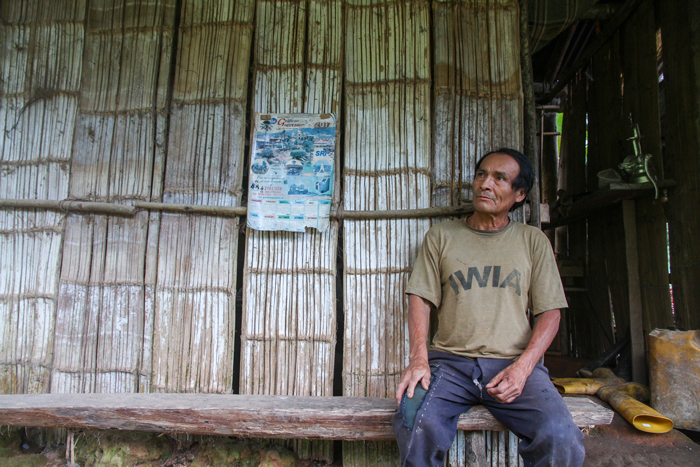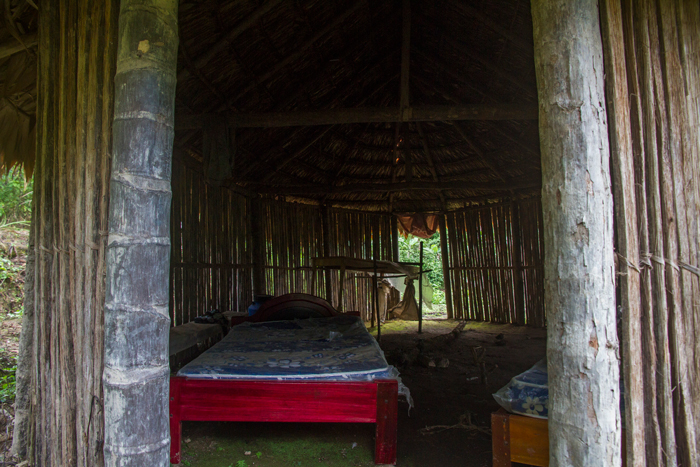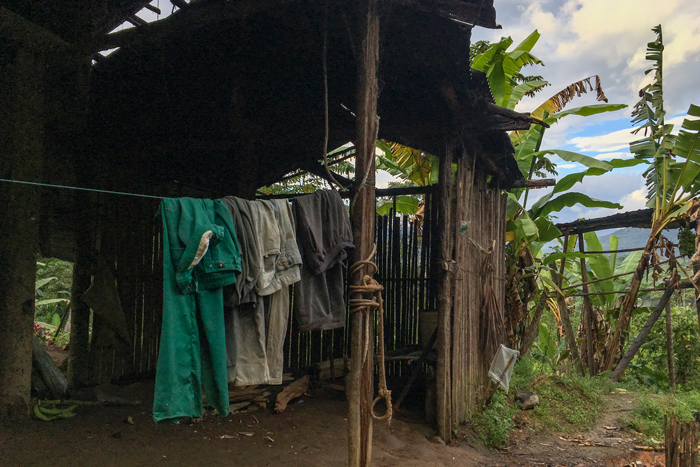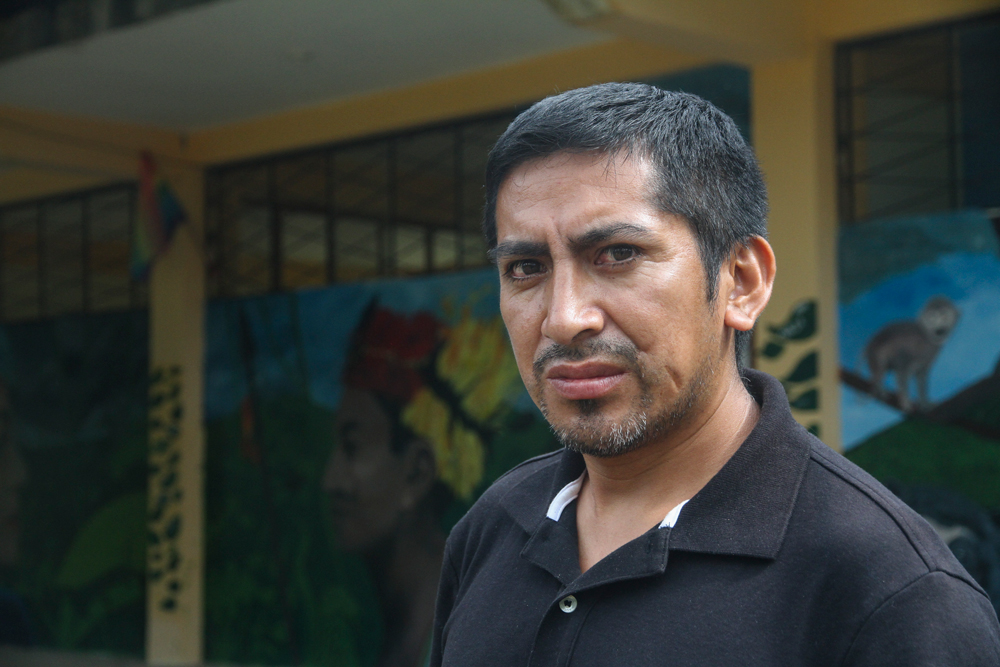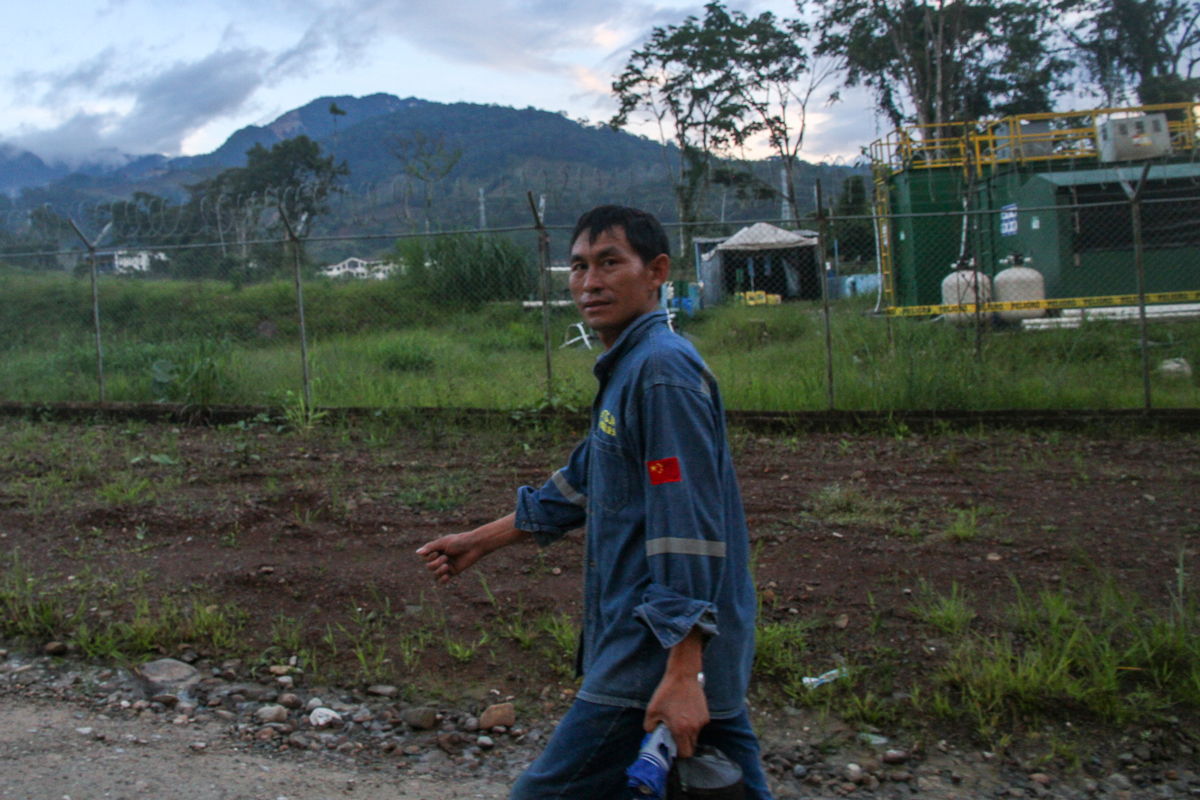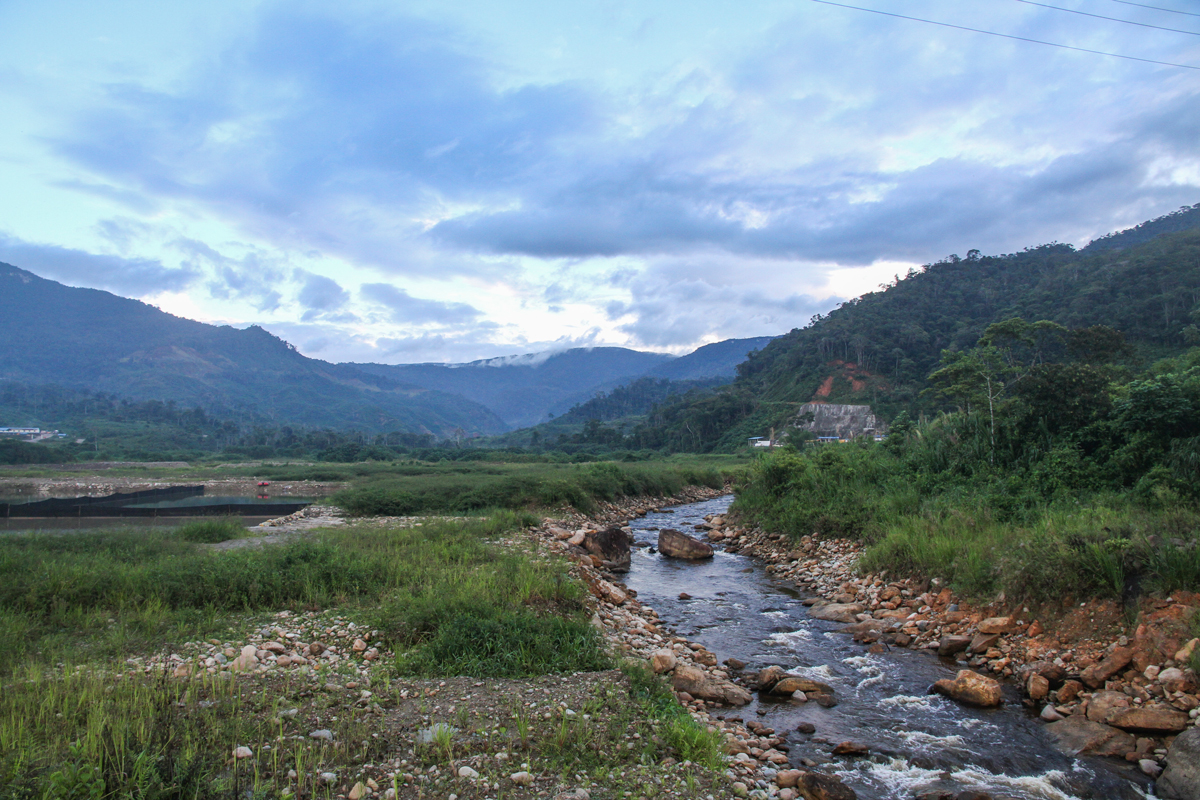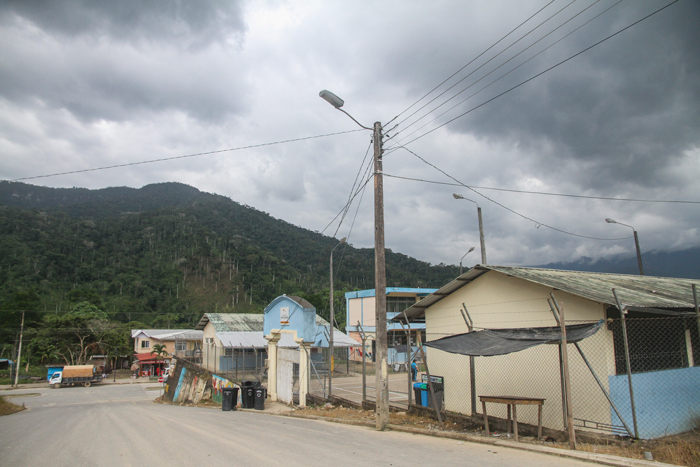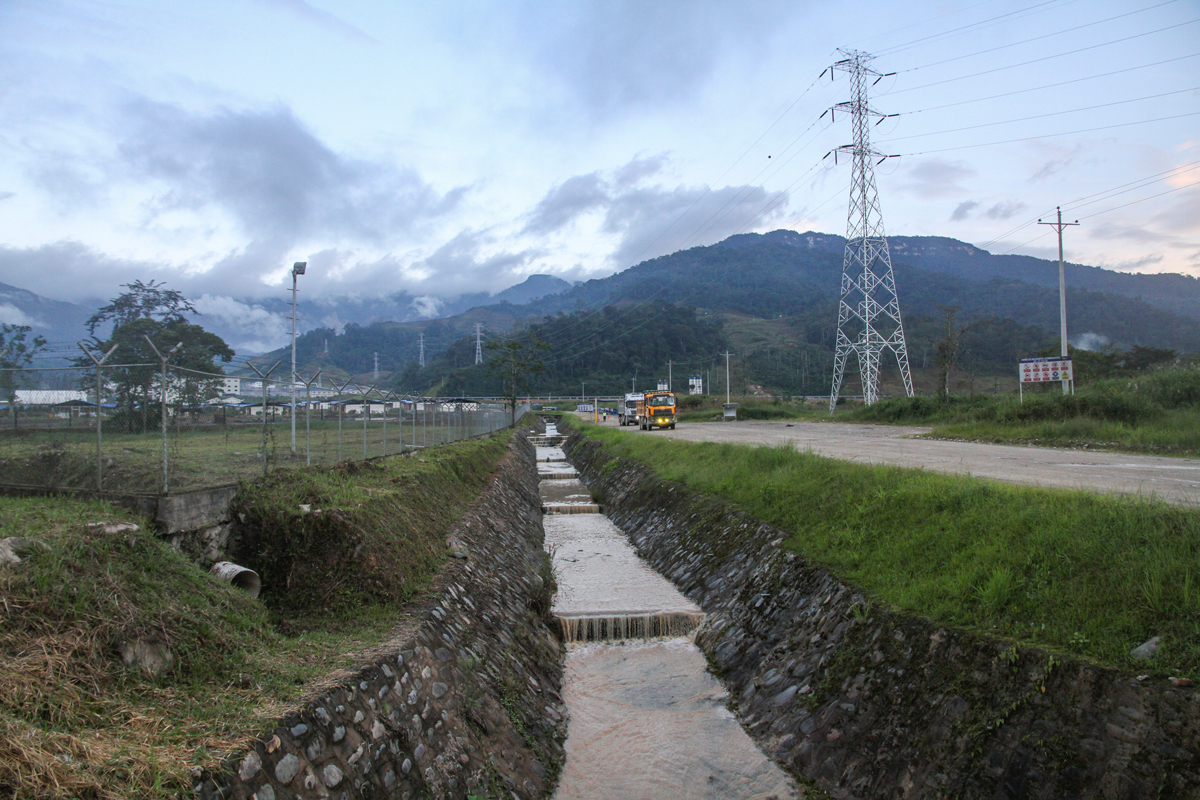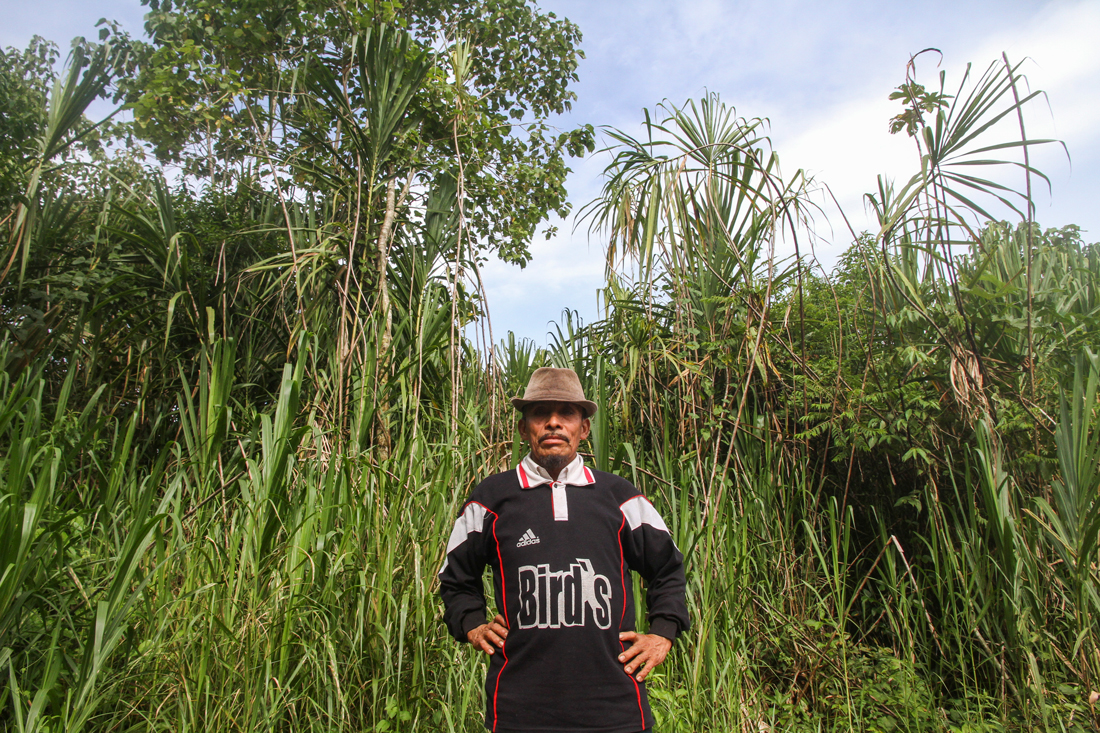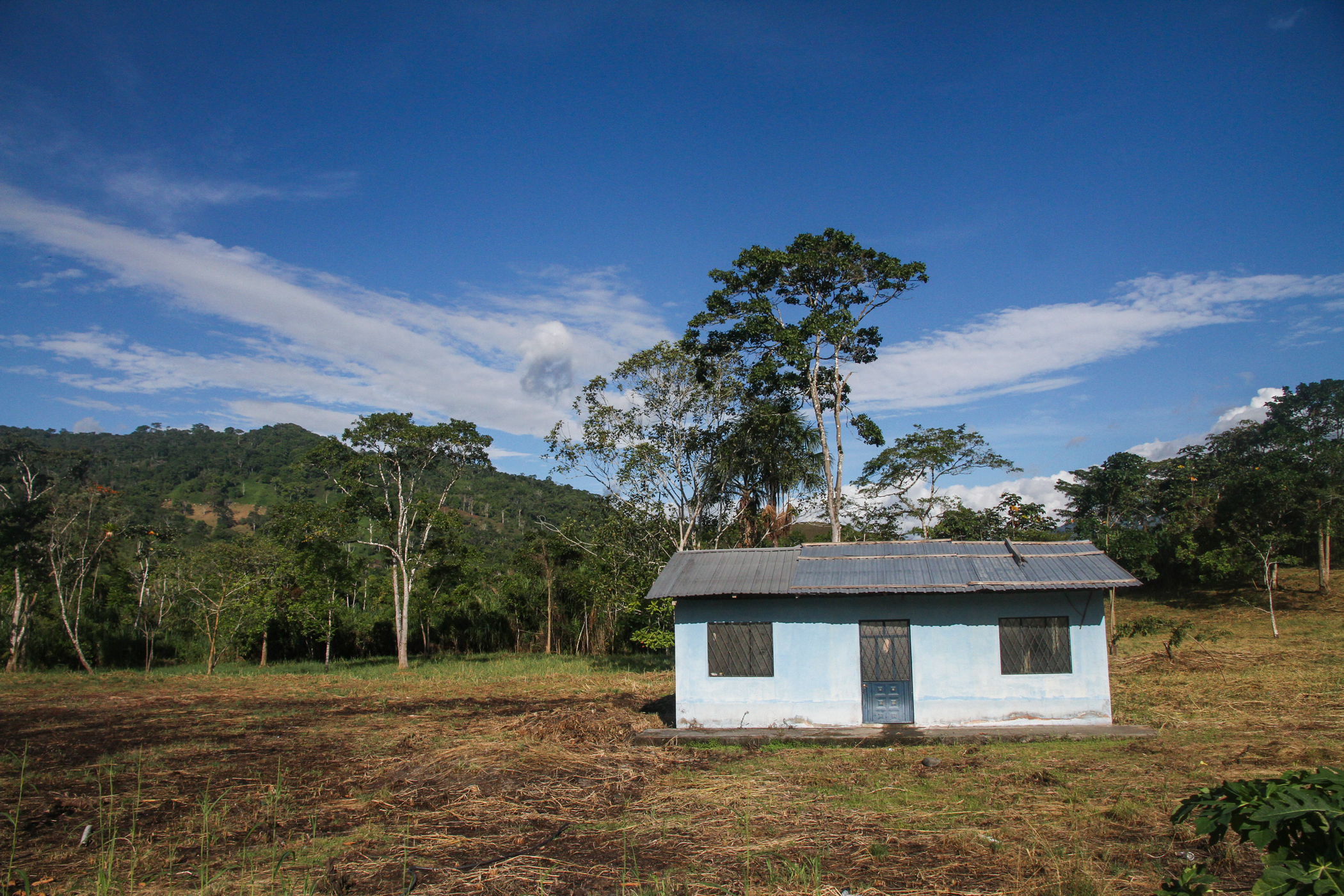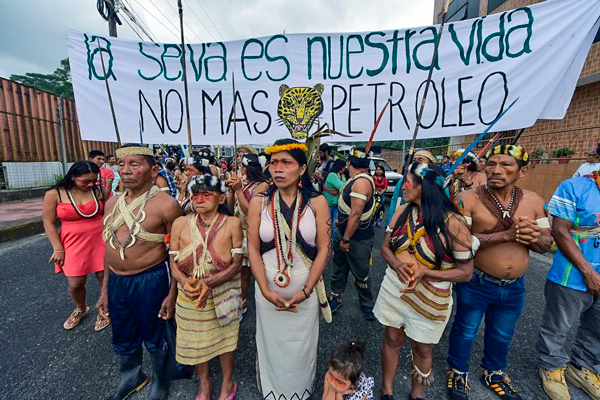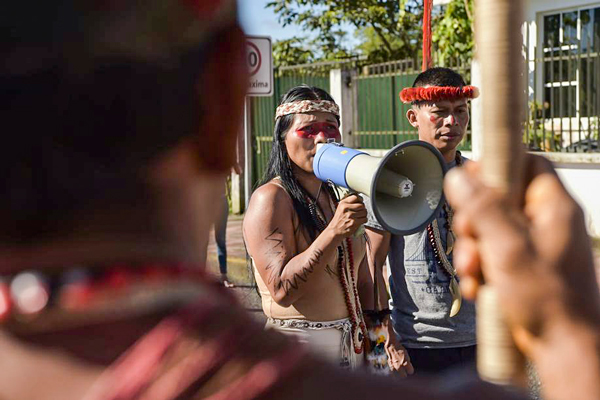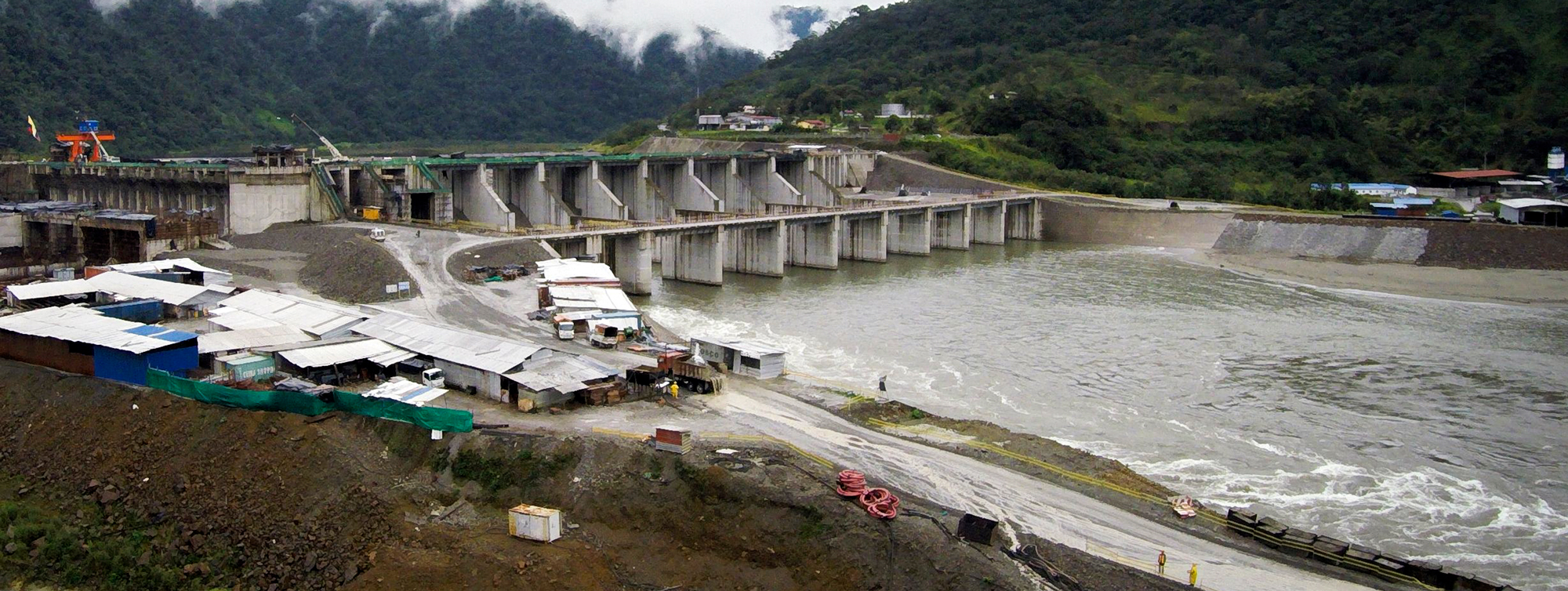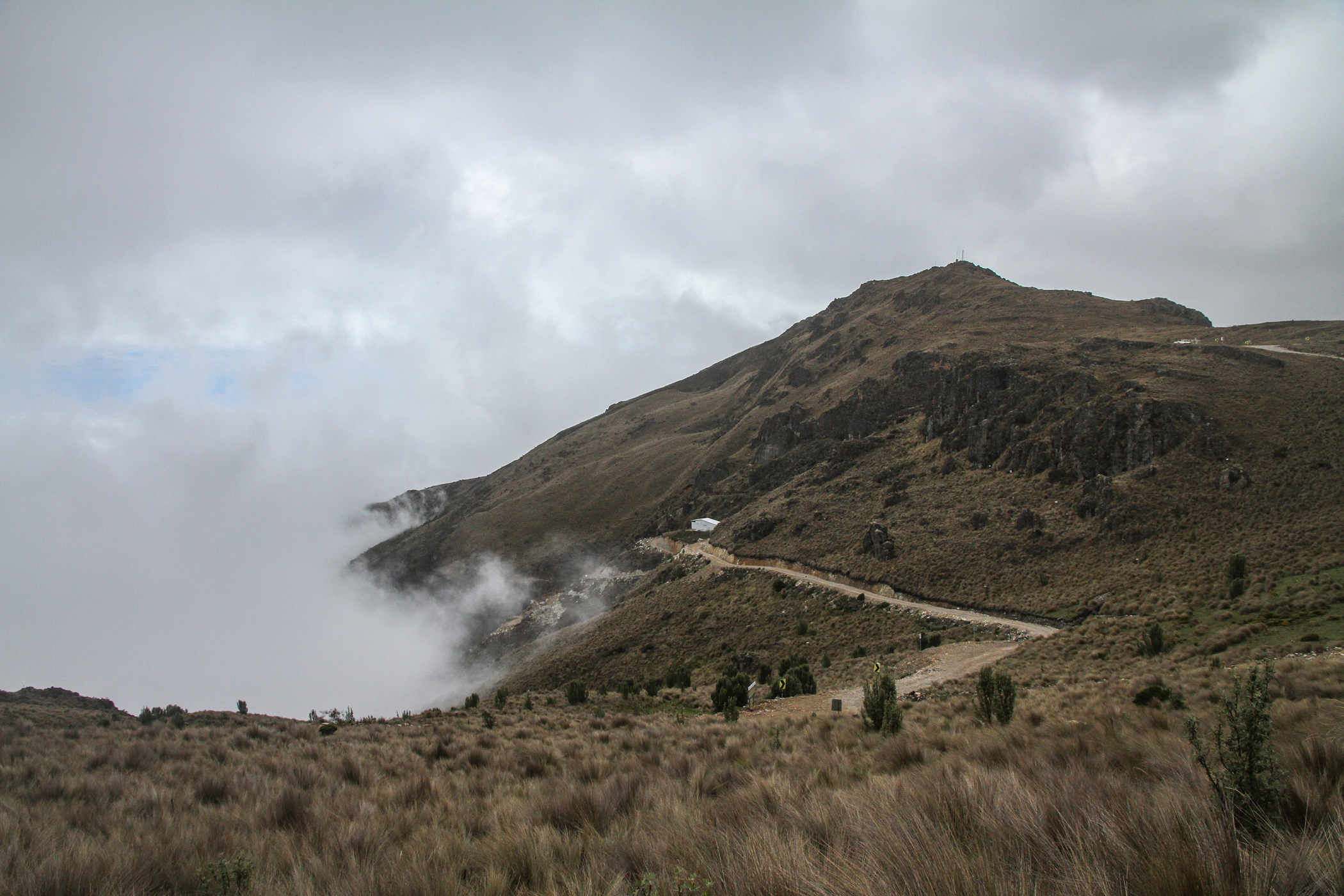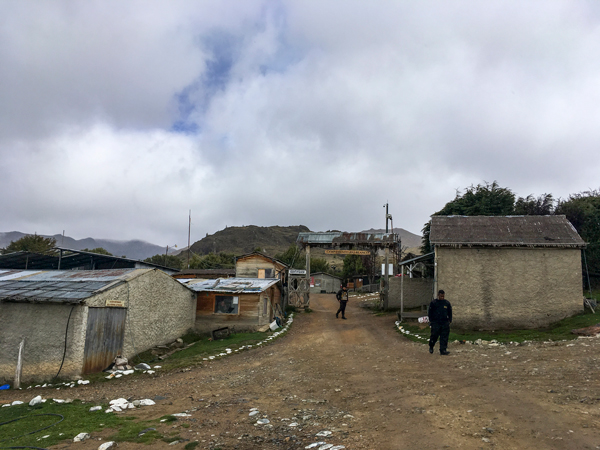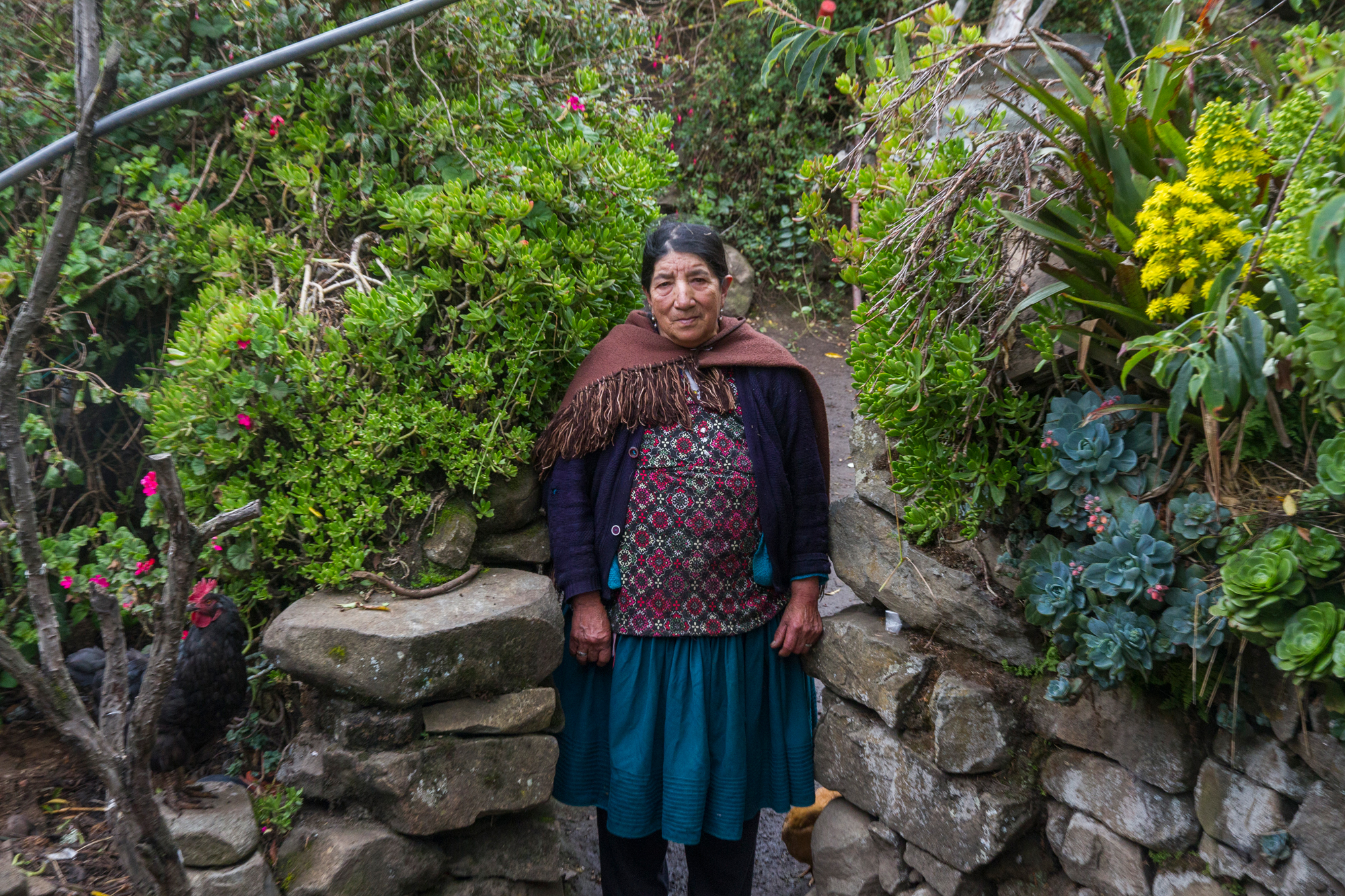The pain from the trade war has only just started. And so the two sides might feel like there is some wiggle room, that they can afford to wait a little. But in a year things might look different. If the two sides stay at only increased tariffs for a year or so, that is one thing. But if there is escalation and the US tries to kill Huawei and China clamps down on its rare earth minerals exports, we will move into the territory of unintended consequences.
High tech is not made for self-sufficiency. Only when countries and companies come together can privacy and security issues be tackled. And even then it is hard. But countries going solo is simply not an option. In the field of tech and innovation, the more cross-pollination the better.
Since the US has similar beef with Europe, among others, you could see some realignment.
There is a great chance that a protracted trade war will lead to major domestic political complications for Donald Trump. The impeachment train is independent of the trade war train. The impeachment might or might not happen, but the investigations surely will.
That is not to say China's capacity for pain is substantially greater. A full-fledged trade war could lead to mass unrests. But there are numerous steps to that stage. The markets will jitter and react to every step in between and that will roil the political spheres.
If both sides decide to stay on this side of sanity and do engage in a trade tussle but not a full-blown trade war, then that could lead to a new equilibrium, both between the two powers, and also the powers of the world.
American exceptionalism has never been the same as white supremacist thinking. Every country is unique. In that way, America is also exceptional.
The march towards a new equilibrium is not going to be pain-free, but it need not be too disruptive. The primary hope is that the two powers cut a deal and spare the global economy unnecessary hiccups. The secondary hope is that they don't go too far in their tussle and stay on this side of sanity.
In The News (6)
In The News (5)
Trump And Xi Should Cut A Deal In Japan
China In Latin America
In The News (4)
Mueller Drops A Bomb
In The News (3)
In The News (2)
In The News (1)
A Sanders-Warren Ticket
Donald Trump Is Messing Up A Good Thing
5G Challenges US Hegemony
India 2050: Amitabh Kant
Brexit, Aexit, And Trump
African Economic Union
Understanding China (2)
Trump's Prospects In 2020
Understanding China
Political Fallout For Xi
Made In China 2025
Trade War: The Spiral Down Scenario
Three Crises: China, Iran, DC Two Out Of Three: Kamala, Andrew, Pete
Modi 2.0 And The 5G Question
Trade War Commentaries
One Million Uighurs
The Mighty Dollar
India 2019: Looks Like A TsuNAMO
2020: The Year Of The Social Democrat
Andrew Yang: Universal Basic Income, Elizabeth Warren: Wealth Tax
Trade War: Intellectual Property
Trade War Endgame Scenarios: Look At Canada, And North Korea For Hints
The US And The Chinese Economies Are Super Well-Connected
Trade War Endgame Scenarios
US China Trade War: A Meeting Of The Hot And Cold Fronts
Trump’s trade wars have cost the stock market $5 trillion and counting: Deutsche Bank
Trump's threat of Mexico trade war sends markets lower
Trade War Starts Changing Manufacturers in Hard-to-Reverse Ways
The new front in Trump’s trade war could cost consumers at least $93 billion But the figures don’t take into account all the impact: That’s because in the critical auto industry, many parts crisscross borders multiple times....... “Production processes would have to be changed in substantial ways to reduce the impact of the tariffs, reducing productivity in a significant way,” said Carlos Capistran, Canada and Mexico economist at Bank of America Merrill Lynch. “This could eventually lead many firms that currently produce in Mexico to relocate to the U.S., significantly impacting growth in Mexico.”..... vehicles are the top U.S. imports from Mexico, worth $93 billion last year. They are followed by electrical machinery ($64 billion), machinery ($63 billion), mineral fuels ($16 billion) and medical instruments ($15 billion) ..... “The big question at the end of the day though is can we really fight two trade wars at the same time?”
Trade war could trigger a ‘global financial crisis,’ says ex-China central bank chief The former central bank chief also attributed recent weakness in the yuan to the market’s reaction to trade tensions, while noting that Beijing would not devalue the currency in response. He said that fundamentals, such as economic growth and foreign exchange reserves, support a stable yuan...... “It can be said, that the U.S. this time has at the wrong time, fought a wrong war, and chosen a wrong opponent” ...... it might be America’s greatest mistake since World War II, or even the country’s founding, all out of unwillingness to accept China as a rising power........ the trade tensions could last 30 years or more, especially since he expects the U.S. will keep on with its investigations — even if a deal is reached in the near term. ...... “I’m confident that time, reason and truth are on our side,” he said. “Our Chinese people will most certainly win, peace will most certainly win.”
John Negroponte: Trump’s new tariff on Mexico is ‘bad politically and bad economically’ “I think it’s both bad politically and bad economically and I don’t think it’s really going to help solve the immigration problem, either, which is what Mr. Trump said he’s trying to attack” ...... U.S. Senate Finance Committee Chairman Chuck Grassley, a Republican who represents Iowa, slammed the move. He called it a “misuse of presidential tariff authority.”
Shares of US automakers plunge because they have major production in Mexico The big three automakers each have billions of dollars at stake due both production and suppliers in Mexico.....Shares of General Motors, Fiat Chrysler and Ford dropped in trading Friday. ...... Fiat Chrysler dropped 4.9% while General Motors was down 4.5% and Ford skidded 3.1%...... tariffs on Mexico’s imports “threaten the jobs of tens of thousands of Americans here in the United States.” .... GM and Fiat Chrysler import 29% and 24%, respectively, of the total parts for its cars and trucks from Mexico. Ford has the second highest total imported vehicles from Mexico at 17% ...... the host of auto industry suppliers at risk to tariffs on Mexico, including Aptiv, Adient, Dana, Lear, Visteon, Goodyear Tire & Rubber and BorgWarner.
Trump’s trade war polls badly in key states like Pennsylvania, threatening his support for 2020
Surprise Mexican tariffs hurt China agreement chances: ‘How can you trust Trump to honor a deal?’
The US slipped to third place in a ranking of most competitive economies Singapore’s immigration laws, advanced technological infrastructure, availability of skilled labor and efficient ways to set up new businesses helped it advance to the top..... For the first time in nine years, Singapore surpassed the United States and Hong Kong to clinch the title of the world’s most competitive economy ...... With regard to the ongoing U.S.-China trade war, Bris said he “would call it a tantrum in the sense that it is hurting companies in the United States more than in any other country.”...... Indonesia, in particular, leapfrogged 11 places to become the 32nd most competitive economy in the world. Thailand also advanced five places to the 25th position.
France’s health-care system was ranked as the world’s best—Here’s how it compares with the US’ With the Democrats pushing for a government-funded model and President Donald Trump campaigning on repealing Obamacare without a clear alternative, Americans are considering what kind of health care system they may want.
Ray Dalio warns China restricting rare earth metals would be ‘major escalation’ of trade war
China is establishing an ‘unreliable entities’ list that will include companies and people “Foreign enterprises, organizations and individuals that do not comply with market rules, violate the spirit of contract, block or cut supplies to Chinese firms with non-commercial purposes, and seriously damage the legitimate rights and interests of Chinese enterprises, will be added to the list of unreliable entities”
Cramer: Trump no longer cares if his China policies hurt American businesses That tanked the shares of a group of chipmakers — Qualcomm, Skyworks Solutions, Broadcom, Micron, and Xilinx — as much as 7.3% ...... Walmart has warned that it will have to raise its prices if Trump goes through with his promises to slap another 25% tariff on $300 billion, on top of the existing $200 billion, worth of Chinese imports...... he’s more concerned about the strong American dollar’s negative impact on the chain’s international sales.
Stocks slump after US expands trade war to Mexico
As U.S.-China tensions escalate, the trade war has morphed into a deeper, harder conflict the conflict with China has widened beyond the original trade-based issues..... Officials on both sides of the Pacific have begun to portray the U.S.-China relationship in nationalistic and emotion-charged terms that suggest a much deeper conflict. ...... Recently, for example, a private group of American economists and trade experts with long-standing experience in China traveled to Beijing, expecting their usual technical give-and-take with Chinese government officials........ Instead, a member of the Chinese Politburo harangued them for almost an hour, describing the U.S.-China relationship as a “clash of civilizations” and boasting that China’s government-controlled system was far superior to the “Mediterranean culture” of the West, with its internal divisions and aggressive foreign policy..... Nothing short of a deal struck directly by the two leaders is likely to avert new rounds of punches and counter-punches over economic and financial ties ...... whether either leader is interested in a stand-down is unclear....... China.. will probably “hunker down and try to get by until either the second term of the Trump administration or the incoming new administration.” ..... the domestic politics, for now, seem to favor conflict, not compromise. ...... The political risk for Trump from potential Democratic opponents in 2020 isn’t from hitting China too hard, but treading too softly or coming away with a weak deal...... the best one might hope for is a temporary truce, and even that will be hard to come by if Trump keeps piling on the pressure. ..... Already one in five U.S. firms operating in China say they face increased inspections and slower customs clearances ........ Beijing also could spur boycotts of popular American products such as Apple iPhones or curtail tourism to the United States, which would be particularly painful for states such as California. And American universities already are fretting about a potential drop-off in full-tuition-paying Chinese students...... Boeing, the single biggest American exporter to China .. Sales to China last year accounted for more than 20% of the company’s commercial aircraft revenue. ...... the next escalation could come in mid-August. That’s when the Commerce Department's 90-day reprieve for Huawei runs out and the Chinese start to find out how long and well Huawei can manage without key Android software updates from Google, as well as crucial chips and other hardware from American suppliers. ..... the possibility of a limited trade deal by fall ..... they’ll need to reset the tone a little bit and try to manage a de-escalation” of the trade war
Elizabeth Warren went on The View and explained her wealth tax and what it would pay for (free college, student debt forgiveness, universal childcare) so well that the crowd went wild. She really knows how to shut down the Republican “bUt HoW aRe YoU gOnNa PaY fOr It?” nonsense. pic.twitter.com/uStYarcpx3
— Adam Best (@adamcbest) May 30, 2019
This morning #ElizabethWarren explained her proposed Wealth Tax, saying it will wipe out student debt, invest in HBCUs and more. Who likes this idea? pic.twitter.com/xAiuqOnf05
— The Breakfast Club (@breakfastclubam) May 31, 2019
Here’s something I don’t say often: on this point, I AGREE with @AOC Indeed, I have long called for a LIFETIME BAN on former Members of Congress becoming lobbyists. The Swamp would hate it, but perhaps a chance for some bipartisan cooperation? https://t.co/jPW0xkH2Yy
— Ted Cruz (@tedcruz) May 30, 2019
China Has Rare Earths Plan Ready to Go If Trade War Deepens
If Asia is tired of ‘Emperor Xi’, it must get its head around Indiahttps://t.co/2Bo3AHbYOx
— Paramendra Kumar Bhagat (@paramendra) May 31, 2019
How Christianity and Confucianism can explain US-China rivalryhttps://t.co/8vE9VwJea3
— Paramendra Kumar Bhagat (@paramendra) May 31, 2019
Can China and the US avoid a clash of flawed but great civilisations?https://t.co/5ZyNLWFAZm
— Paramendra Kumar Bhagat (@paramendra) May 31, 2019
US ‘wholly responsible’ for lack of new trade war talks with Chinahttps://t.co/ygR7G4uKda
— Paramendra Kumar Bhagat (@paramendra) May 31, 2019
US is waging a tech war against this Shenzhen districthttps://t.co/nOREPoVuXX
— Paramendra Kumar Bhagat (@paramendra) May 31, 2019
Here’s why Huawei’s founder is reading this Frenchman’s bookhttps://t.co/0WTK2dkdLh
— Paramendra Kumar Bhagat (@paramendra) May 31, 2019
US-China trade breakthrough ‘unlikely’ at G20 meetinghttps://t.co/VAPLsH8x9X
— Paramendra Kumar Bhagat (@paramendra) May 31, 2019
You’re on. https://t.co/S3TBfNeO3Q
— Ted Cruz (@tedcruz) May 30, 2019
There are temples and shrines everywhere – honouring Gods and deities – but none more important than Brahma, the creator, Vishnu, the preserver and Shiva, the destroyer. It’s also the land of the Ramayana and the Mahabharata – echoes of which have reverberated across Southeast Asia. And on the Ganges plain, you can trace the life and death of the Buddha – a vital bond with Southeast Asia’s 150 million or so Buddhists........ India’s US$9.449 trillion economy (currently the third-largest in Purchasing Power Parity terms) and a 7.3 per cent GDP growth rate (the fastest among the G20 nations)..... with China becoming increasingly heavy-handed, Southeast Asia desperately needs India to play a larger role in our future – economics and business is just the beginning.
Africa, largely ignored in a U.S.-China trade war that could roil economies worldwide, is quietly piecing together the world’s largest free-trade zone https://t.co/dzAvvXEYqf pic.twitter.com/D5oCFcKsJK
— Bloomberg (@business) May 30, 2019
Despite Modi's pro-US policy, the US has piled up pressure on India on multiple fronts—trade, oil and defense. Its trade war with China has obscured its actions against India, including GSP withdrawal. Its message? Don't count on US as a reliable partner! https://t.co/vQvX4T8O6W
— Brahma Chellaney (@Chellaney) May 31, 2019
This is how Trade war ends :) pic.twitter.com/LZkNtIQFSw
— Тулга l Tulga (@tulga2001us) May 31, 2019
I wrote two weeks ago about how the trade war threatens the economy in the heart of Trump Country, the American South, where lots of car manufacturing is done. https://t.co/OseEWIEkS6 pic.twitter.com/aam47wEdHH
— Mike Warren (@MichaelRWarren) May 31, 2019
Moody's: The 'full-blown' trade war will trigger a global recession via The Daily Shot pic.twitter.com/VntdPltVmx
— Adam Linton (@Adamlinton1) May 31, 2019
::logs into TSP / 401(k) at the end of the month::
— rick (@PlunkettPrime) May 31, 2019
“The first casualty of [DJT’S Trade] War is i̶n̶n̶o̶c̶e̶n̶c̶e̶ your retirement savings.” pic.twitter.com/Gg4lEmKOMi
The only thing better than one trade war is two trade wars... Grab them by the Tariffs.
— BlockchainLindzon+ (@howardlindzon) May 31, 2019
"Trade wars are good, and easy to win," Trump said.
— VICE News (@vicenews) May 31, 2019
But how would a trade war really impact Americans?
We traveled across the country and met the people facing the realities of Trump's trade war.
Watch our full #VICEonHBO special here https://t.co/hR5yiKQU0G pic.twitter.com/3X8DKxVA9C



